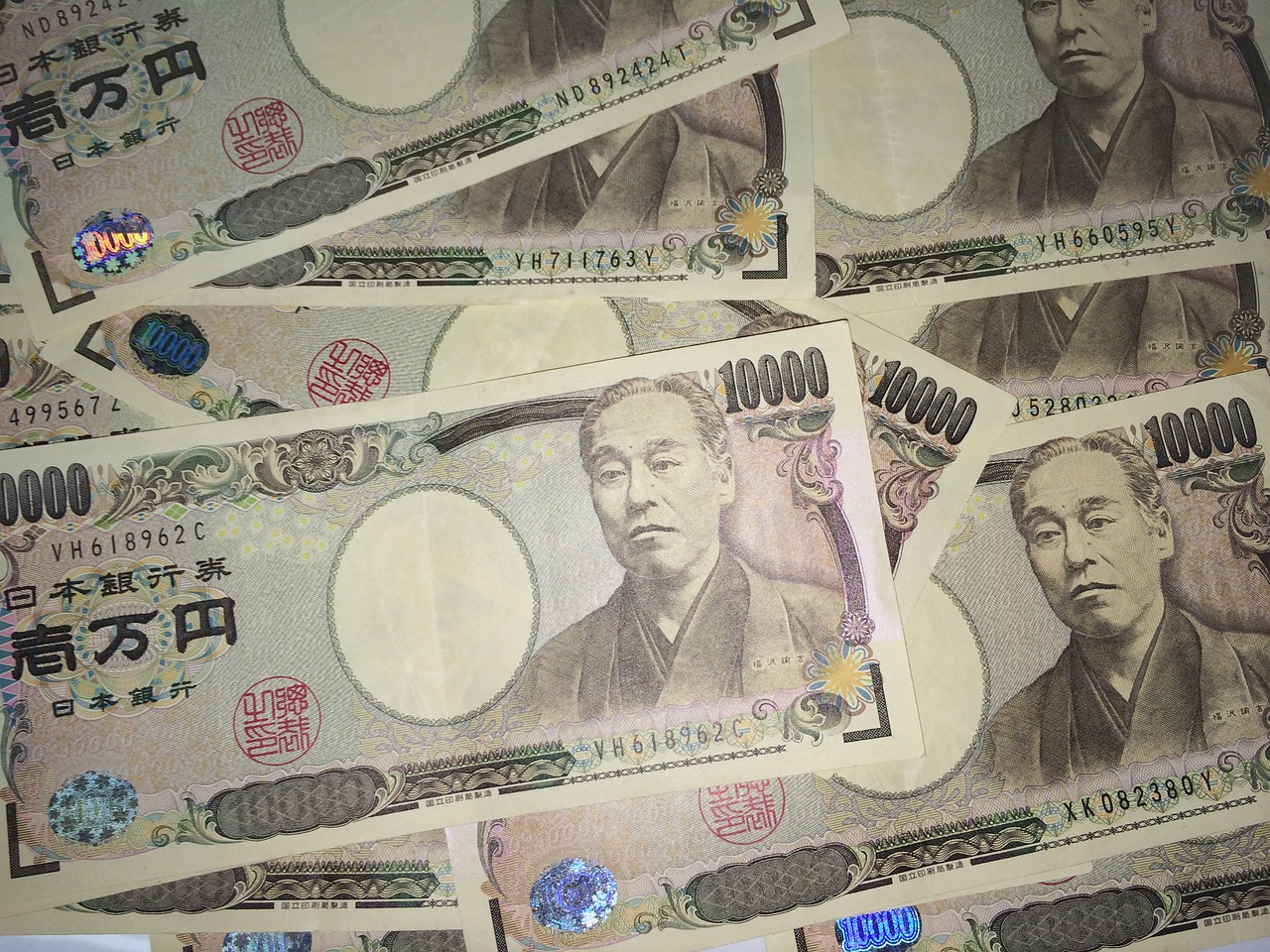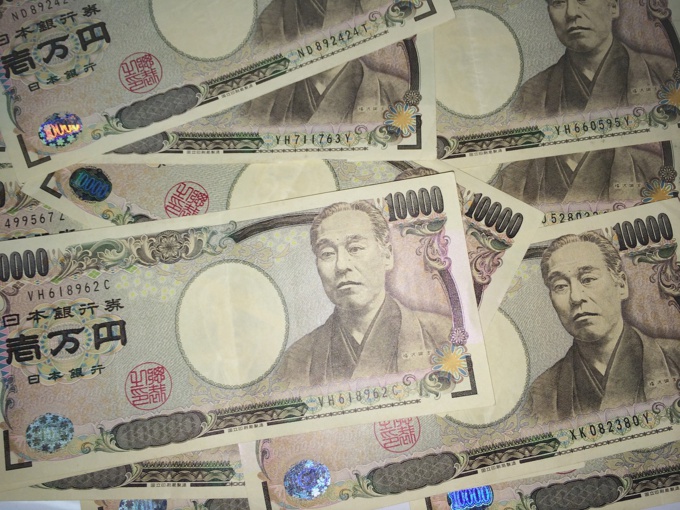While the trade conflict between the US and China is darkening the outlook for the world economy and new sources of fear, such as the currency crisis in Turkey, are emerging, the Bank of Japan is shifting its focus on protecting the domestic economy.
Evaluation of the trade war consequences will be included in the October report on the prospects for economic activity and prices.
Japan's GDP in the II quarter increased by 1.9% compared to the same period last year, recovering from a decline in the I quarter. Prior to that, the economy of Japan has been growing for eight consecutive quarters, which was the longest period of growth since the 1980s.
While private consumption has improved in April-June, uncertainty persists. Wage growth rates are on the rise, but they have not reached levels that could bring inflation to the Bank of Japan's goal in the foreseeable future. Among other factors that can restrain the growth of the Japanese economy is the potential introduction of US motor vehicle duties and a slowdown in China's economic growth.
However, the Bank of Japan has few options for action in the event of a slowdown in economic growth.
In late July, the watchdog adjusted its ultra-soft monetary policy. The Central Bank kept the benchmark yield of 10-year government bonds at around 0%, but allowed more deviations in the yield from zero.
According to the head of the Bank of Japan Haruhiko Kuroda, the regulator will allow the yield to fluctuate in the range from minus 0.2% to 0.2%. Earlier, fluctuations in yields in the range from minus 0.1% to 0.1% were allowed.
"It is noteworthy that as a result of the July policy shift, not only the ceiling was raised, but the lower limit of long-term interest rates was also lowered," a source related to the central bank told Nikkei Asian Review. The Bank of Japan’s decision to reduce the lower limit of long-term interest rates to minus 0.2% leaves room for lowering rates at a hypothetical slowdown.
On the other hand, the increase in the ceiling was aimed at allowing financial institutions to receive revenue in the government bond market, which was difficult for them to do at ultra-low rates.
Although monetary easing is almost certain to continue, the next steps of the Bank of Japan are likely to depend more on economic conditions than on prices. The central bank is likely to study the gradual increase in key rates if the economy is healthy, and will consider additional mitigation measures if growth slows.
"In the event of an escalating trade war or a crisis in emerging markets, no one will talk about low prices in Japan," the official of the Bank of Japan said.
source: asia.nikkei.com
Evaluation of the trade war consequences will be included in the October report on the prospects for economic activity and prices.
Japan's GDP in the II quarter increased by 1.9% compared to the same period last year, recovering from a decline in the I quarter. Prior to that, the economy of Japan has been growing for eight consecutive quarters, which was the longest period of growth since the 1980s.
While private consumption has improved in April-June, uncertainty persists. Wage growth rates are on the rise, but they have not reached levels that could bring inflation to the Bank of Japan's goal in the foreseeable future. Among other factors that can restrain the growth of the Japanese economy is the potential introduction of US motor vehicle duties and a slowdown in China's economic growth.
However, the Bank of Japan has few options for action in the event of a slowdown in economic growth.
In late July, the watchdog adjusted its ultra-soft monetary policy. The Central Bank kept the benchmark yield of 10-year government bonds at around 0%, but allowed more deviations in the yield from zero.
According to the head of the Bank of Japan Haruhiko Kuroda, the regulator will allow the yield to fluctuate in the range from minus 0.2% to 0.2%. Earlier, fluctuations in yields in the range from minus 0.1% to 0.1% were allowed.
"It is noteworthy that as a result of the July policy shift, not only the ceiling was raised, but the lower limit of long-term interest rates was also lowered," a source related to the central bank told Nikkei Asian Review. The Bank of Japan’s decision to reduce the lower limit of long-term interest rates to minus 0.2% leaves room for lowering rates at a hypothetical slowdown.
On the other hand, the increase in the ceiling was aimed at allowing financial institutions to receive revenue in the government bond market, which was difficult for them to do at ultra-low rates.
Although monetary easing is almost certain to continue, the next steps of the Bank of Japan are likely to depend more on economic conditions than on prices. The central bank is likely to study the gradual increase in key rates if the economy is healthy, and will consider additional mitigation measures if growth slows.
"In the event of an escalating trade war or a crisis in emerging markets, no one will talk about low prices in Japan," the official of the Bank of Japan said.
source: asia.nikkei.com



















